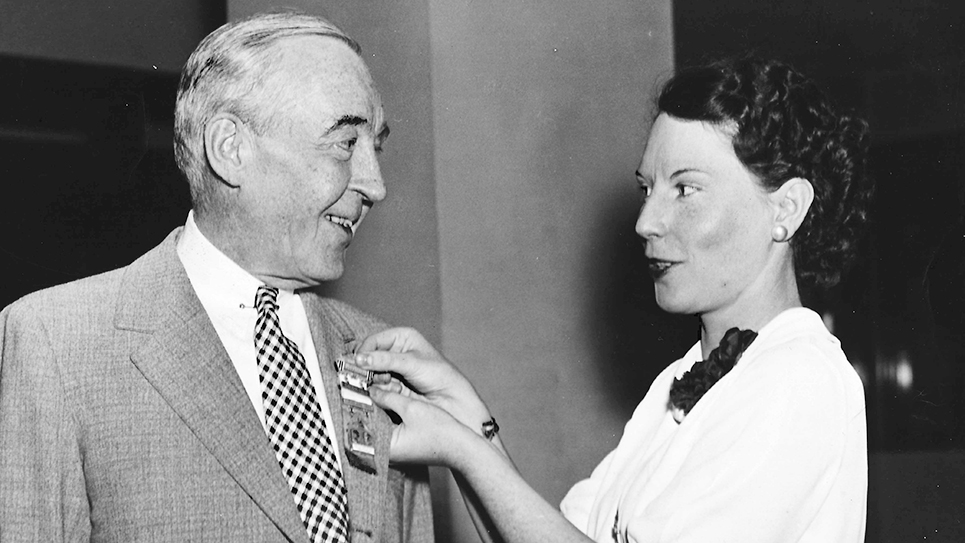By Jedidiah McKeehan
You have probably never been questioned or arrested by the police, but, in the unlikely case this happens in the future, here are some tips to keep in mind and some misconceptions presented by movies and TV that you may want to avoid.
When you are approached by a police officer, whether by being stopped in your vehicle or they come to your home and knock on your door, when they ask for consent to search your property, you are not obligated to allow them to do that.
In fact, I would suggest that you do not allow them to search without a warrant. There is rarely any good that can come of from you agreeing to a search.
Now if there is exigent circumstances, which is when the law enforcement officer has a probable cause and no sufficient time to secure a warrant, then you need to comply with the officer’s request. Exigent circumstances include when someone is in danger of dying or the officer is in need of protecting himself and must conduct a patdown for weapons, for example.
Otherwise, you want to make the officers go through the proper channels and obtain a search warrant.
Similarly, if you are being asked questions by a police officer, I highly recommend you do not answer any questions and inform them that you want to have an attorney present before you will continue.
One thing you should do, even though it often angers officers (but it is your right to do so) is to ask if you are being detained. If you are not being detained, then you are allowed to leave whenever you wish. You are not required to answer any questions or stay.
If you are actually arrested, and not read your rights, then some people consider this a “get out of jail free” card because the officer messed up. In actuality, unless you have confessed to something before being read your rights, this argument does not hold up.
Since a lot of crimes include a victim, such as someone whose items have been stolen or who has been physically abused, there is a misconception that if the victim does not show up in court, the case will be dismissed. This is not always the outcome.
In some instances, the officer might have seen something or there is other evidence against the person being charged. Or maybe the charges are dismissed but they could reserve the right to bring the charges up at a later time. These are issues you should keep in mind when being charged with a crime that involves a victim.
These are just a few misconceptions that arise when encountering the criminal system for the first time.
Jedidiah McKeehan is an attorney practicing in Knox County and surrounding counties. He works in many areas, including criminal, personal injury, landlord-tenant, probate, and estate planning. Visit attorney-knoxville.com for more information about this legal issue and other legal issues.






